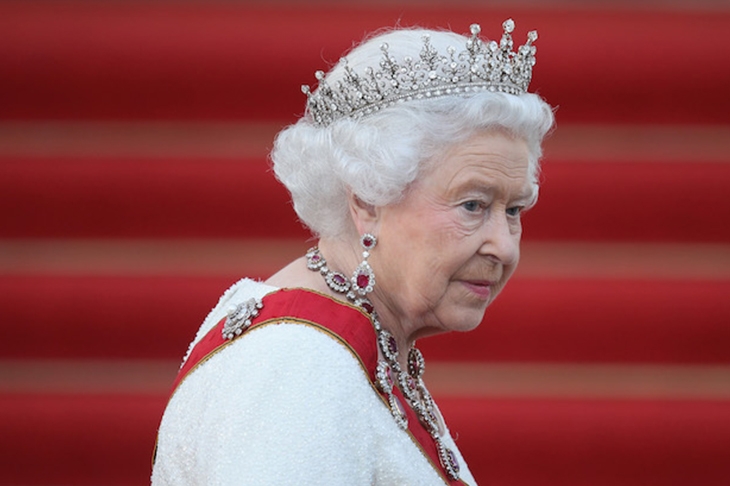One of the striking features of Britain’s unwritten constitution is how it relies on various people keeping their opinions to themselves. The monarch, the Speaker of the House of Commons and senior judges must all avoid expressing political views in public – or even in what one might call semi-private. It’s not their right to remain silent; it’s their responsibility.
The royal family is expected to stay out of politics from birth, the Speaker is an MP who puts aside partisanship when he or she is dragged to the chair, and judges must show that they are applying the law, not advancing their own agenda. Any appearance of partiality is toxic, calling into question either their own survival or that of the office they hold. Yet all three groups are currently struggling with this responsibility to remain silent.
It is a cliché to say that the Queen has successfully stayed above politics, but it is also true. The reason that reports of her views on the European Union caused such a frisson in the run-up to the referendum is that it is so rare to get even a hint of what she believes. But the heir to the throne is not so restrained. Prince Charles’s views on global warming, the Chinese government and the refugee crisis are all well known. None of these subjects is free from political controversy.
Prince Charles looks like a model of restraint, though, in comparison with John Bercow, the Speaker of the House of Commons. Bercow has been a good Speaker in various ways. He has been keen to see the legislature hold the executive to account. But he has often been too eager to inject himself into the proceedings of the House (notably, he is the only Speaker whose official portrait shows him addressing the chamber).









Comments
Join the debate for just £1 a month
Be part of the conversation with other Spectator readers by getting your first three months for £3.
UNLOCK ACCESS Just £1 a monthAlready a subscriber? Log in